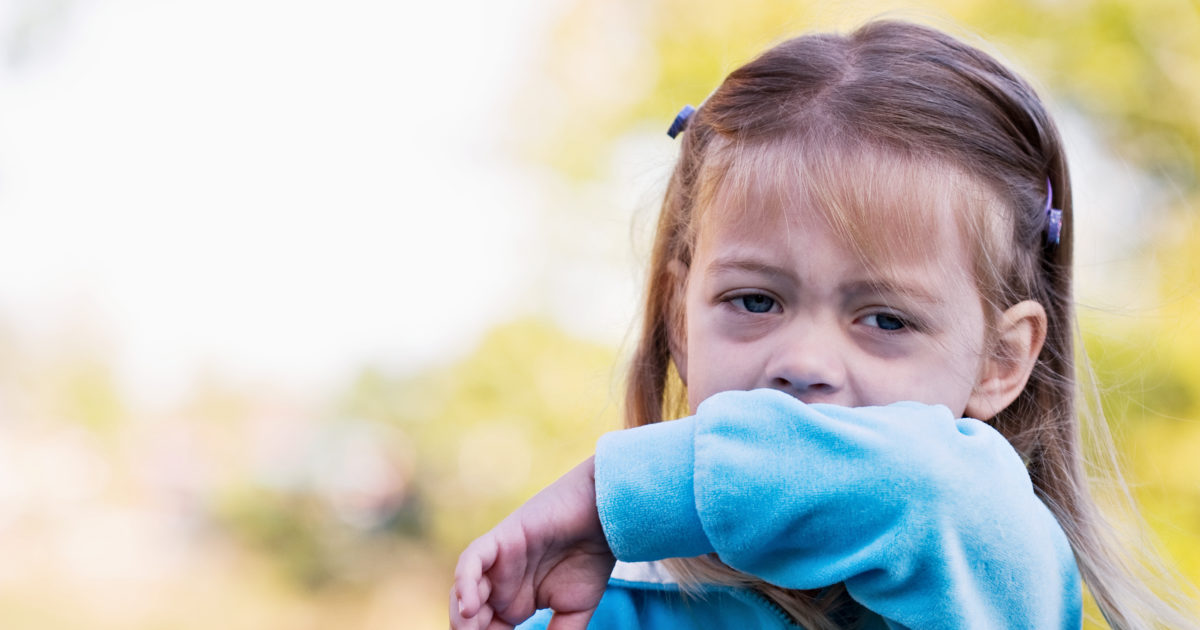

If there were ever a perfect time to practice good hand hygiene and cough etiquette, it’s now. Before coronavirus, it was normal to go to work or school with a mild cough or runny nose. But these days, the slightest sniffle is bound to raise alarm from those around you.
Here’s what you need to know if you find yourself coughing or sneezing around others.
Protect others from getting sick too
If you’re feeling under the weather, the most important thing you can do is stay home and avoid carrying your germs to school, work or anywhere else. If you’re already in public and find yourself coughing or sneezing, it’s critical that you wear a face mask (but you already knew that and were wearing one, right?).
A face mask is going to reduce the rate of your respiratory droplets going out into the open air and reaching and infecting others. It protects both yourself and those around you.
Don’t like the feeling of coughing or sneezing into a wet mask? Always travel with a few spare face masks to swap out.
Typical cough etiquette without a face mask includes the guidelines below and should still be practiced at home (even from people who are fully vaccinated):
- Use a tissue to cover your mouth and nose every single time you cough or sneeze. Resort to coughing into your elbow if a tissue is not available. Never cough into your hands or open air.
- Always turn your face away from people around you when coughing or sneezing.
- Place your used tissue immediately in the trash can.
- Wash your hands with soap and water or use an alcohol-based hand sanitizer that contains at least 60 to 95% alcohol after you cough or sneeze.
“When you cough into the air, you can actually send germs as far as 3 to 6 feet in front of you,” explains infectious disease specialist Frank Esper, MD. “And if you cough into your hands, you could transfer germs from place to place when you touch something else.”
Serious respiratory viruses are commonly spread by unclean hands and touching your face after touching contaminated surfaces. So it’s incredibly important to wash your hands and to always cover up your cough or sneeze, preferably with a face mask.
Keep these additional hygiene etiquette tips in mind:
- Wash your hands often.
- Don’t touch your mouth, nose or eyes with unwashed hands. If you do, immediately wash your hands before touching anything else.
- Sanitize surfaces you may have coughed on or touched with contaminated hands.
- Refrain from shaking hands, kissing or hugging.
- If you’re sick, steer clear of others, especially those who are considered high-risk.
And again, if you’re feeling under the weather – please stay home (or keep your kids home from school). You’ll be doing your part to slow the spread of colds, the flu and COVID-19 if you just stay home and rest.
Think you might be sick, but not sure what to do?
When in doubt, it’s best to err on the side of caution, especially if you’ve been in contact with someone who has already been sick. Stay home from school or work and call your doctor ahead of time before going in for an appointment.
Flu symptoms can include:
- Fever.
- Sore throat.
- Body aches and chills.
- Cough.
- Difficulty breathing.
- Runny or stuffy nose.
- Headache.
- Fatigue.
- Sometimes diarrhea and vomiting.
more recommended stories
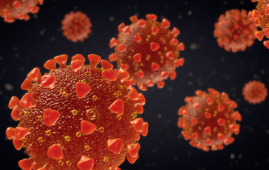 Study Reveals Cold May Impact SARS-CoV-2 Infection Rates
Study Reveals Cold May Impact SARS-CoV-2 Infection RatesThe Unexpected Protective Role of Rhinoviruses.
 Heart, Lung, & Brain Risks Persist in COVID-19 Survivors
Heart, Lung, & Brain Risks Persist in COVID-19 SurvivorsA French nationwide study reveals that.
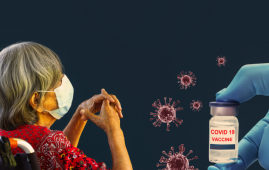 How COVID-19 and Vaccines Differ in Heart Inflammation
How COVID-19 and Vaccines Differ in Heart InflammationA team of international researchers led.
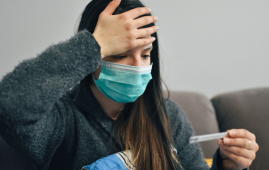 Long COVID: Extended Paxlovid Treatment Offers Hope
Long COVID: Extended Paxlovid Treatment Offers HopeA new case series by UC.
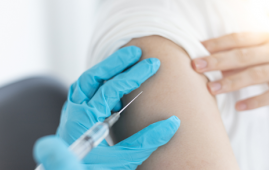 RSV Vaccine Response in Immunocompromised Adults
RSV Vaccine Response in Immunocompromised AdultsAccording to Johns Hopkins Medicine researchers,.
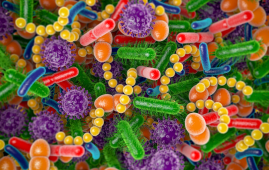 Gut Microbiome Predicts Long COVID Risk
Gut Microbiome Predicts Long COVID RiskIn a recent pre-print study published.
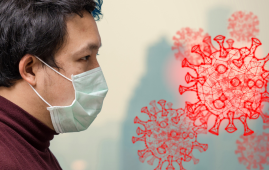 COVID-19 & Autoimmune Care Hope: Natural Proteins
COVID-19 & Autoimmune Care Hope: Natural ProteinsRecent research at Umeå University reveals.
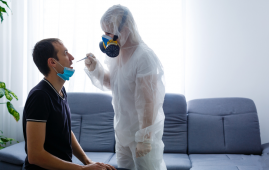 FasL Inhibitor Asunercept Speeds COVID-19 Recovery
FasL Inhibitor Asunercept Speeds COVID-19 RecoveryA new clinical trial demonstrates that.
 Impact of COVID-19 mRNA Vaccine on Myocardial Scarring
Impact of COVID-19 mRNA Vaccine on Myocardial ScarringA new study found a greater.
 Long-term Cognitive and Psychiatric Issues in COVID-19 Survivors
Long-term Cognitive and Psychiatric Issues in COVID-19 SurvivorsA new study published in The.

Leave a Comment